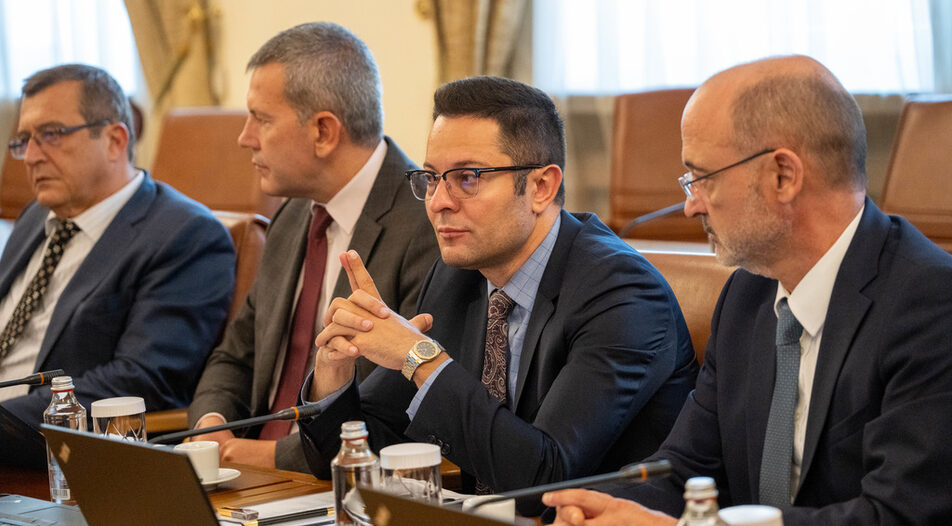It took four years, two regular and three caretaker governments to prepare an ordinance regulating the issuance of "startup visas". The initiative which allows entrepreneurs from other countries to legally transfer their business to Bulgaria was first taken up by economy minister Emil Karanikolov back in 2018 under a proposal by the non-governmental Bulgarian Startup Association (BESCO). It was later picked up by Kiril Petkov, then caretaker minister of the economy, by his successor Daniela Vezieva, and finally by Daniel Lоrer, the first head of the newly established Ministry of Innovation and Growth. The ordinance, published on October 7th, currently comes under the administration of caretaker minister of innovation, Alexander Pulev.
"Differences, but also internal reshuffles within the ministries led to the severe delay," says Ivan Vasilev, director of policies and strategic planning at BESCO. According to him, the regulation has "a lightened criteria compared to what was initially envisioned, a quick application procedure and the necessary protective mechanisms against abuses", which was the main concern of the ministries throughout - that via the startup visa, people who could potentially threaten national security would be able to enter the country.
The requirements
Applicants for a startup visa can apply in English directly on the Ministry of Innovation and Growth's website. Applications will be reviewed and evaluated by an expert council at the ministry, consisting of representatives of the state, the academic community and business. The deadline for a decision is 30 days from the date of application. Candidates will be evaluated on the basis of six criteria - financial security, available capital, customer network, investments, valid patent or utility model registration certificate, as well as their business plan and presentation. The number of points they can get depends on how well they meet each required criterion.
Successful applicants must receive a minimum of 8 out of 14 points. All companies must have received an investment from an equity or venture capital fund amounting to at least 100,000 levs (51,000 euro). Applications are free of charge.
Entrepreneurs will be allowed to reside and work in Bulgaria for a year, and can apply for renewal a month before their visas expire. "Visas are only handed out for a year in order to prevent abuses," Vassilev explains. In an ideal world, the expectation is that "entrepreneurs will remain in Bulgaria, receive funding from players in the local ecosystem, but continue to be globally oriented," he adds.
BESCO and the ministry will cooperate in a campaign to promote startup visas, focusing largely on countries "of priority" for the program. "Such include Ukraine, Russia, Belarus, Moldova, as well as India and Pakistan," Vasilev says. Although the campaign has not started just yet, Vassilev notes there is already considerable interest from entrepreneurs. "We've had lots of enquiries, especially from companies in the IT sector based in Russia and Ukraine ever since the war started"
See the Startup visa criteria in the State Gazette: https://dv.parliament.bg
It took four years, two regular and three caretaker governments to prepare an ordinance regulating the issuance of "startup visas". The initiative which allows entrepreneurs from other countries to legally transfer their business to Bulgaria was first taken up by economy minister Emil Karanikolov back in 2018 under a proposal by the non-governmental Bulgarian Startup Association (BESCO). It was later picked up by Kiril Petkov, then caretaker minister of the economy, by his successor Daniela Vezieva, and finally by Daniel Lоrer, the first head of the newly established Ministry of Innovation and Growth. The ordinance, published on October 7th, currently comes under the administration of caretaker minister of innovation, Alexander Pulev.
"Differences, but also internal reshuffles within the ministries led to the severe delay," says Ivan Vasilev, director of policies and strategic planning at BESCO. According to him, the regulation has "a lightened criteria compared to what was initially envisioned, a quick application procedure and the necessary protective mechanisms against abuses", which was the main concern of the ministries throughout - that via the startup visa, people who could potentially threaten national security would be able to enter the country.












